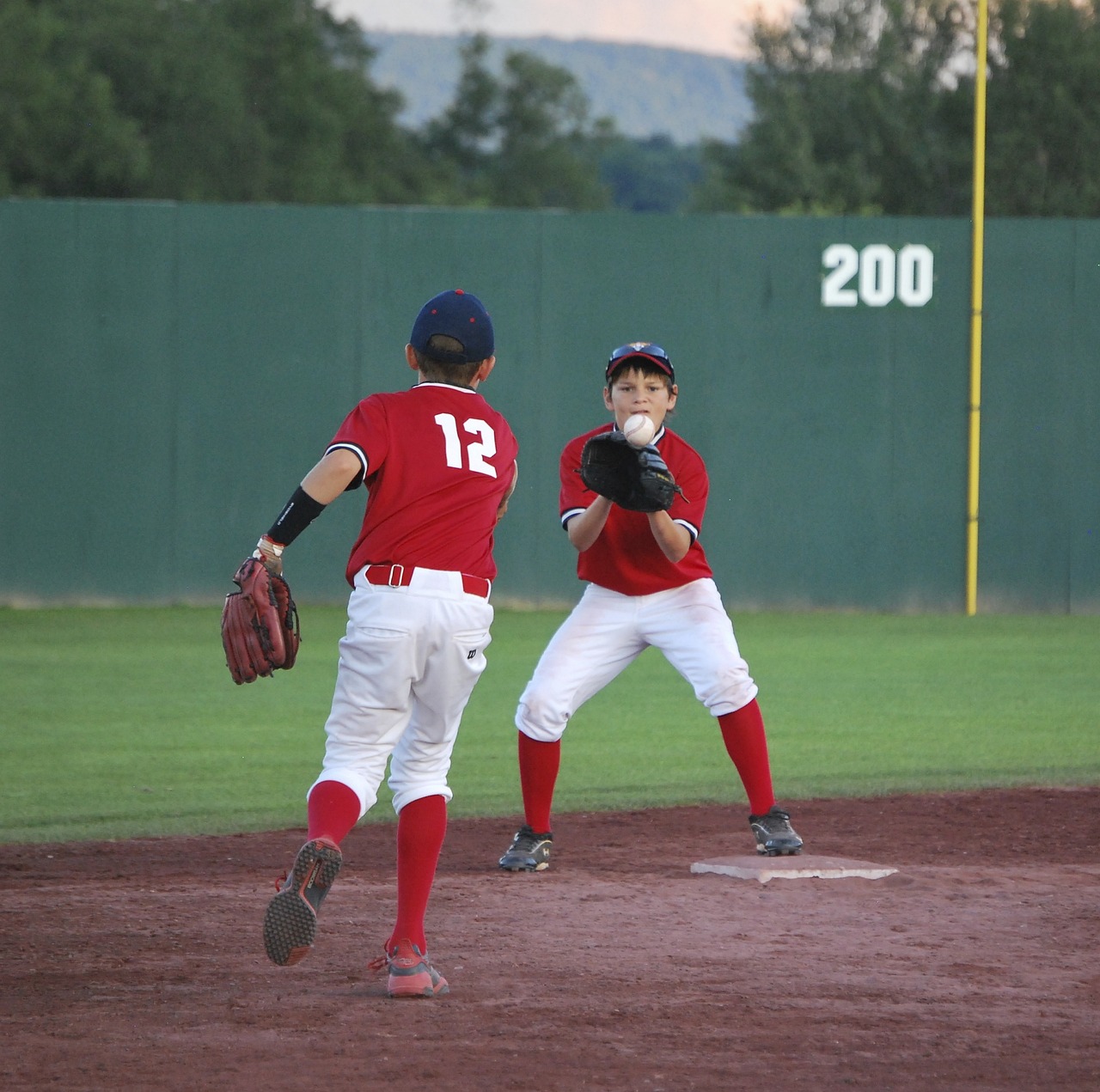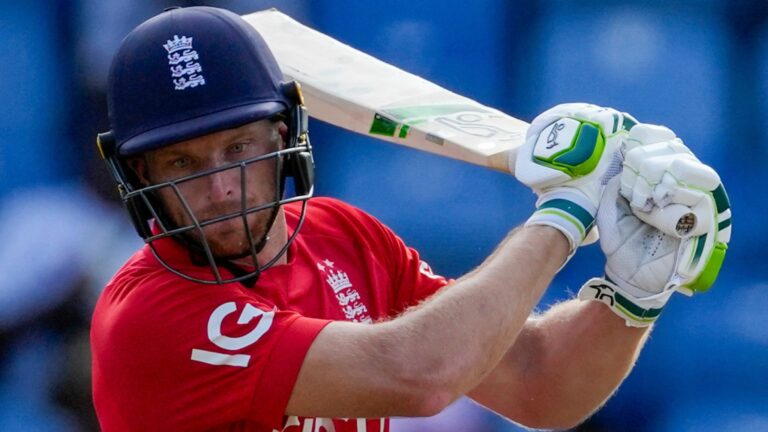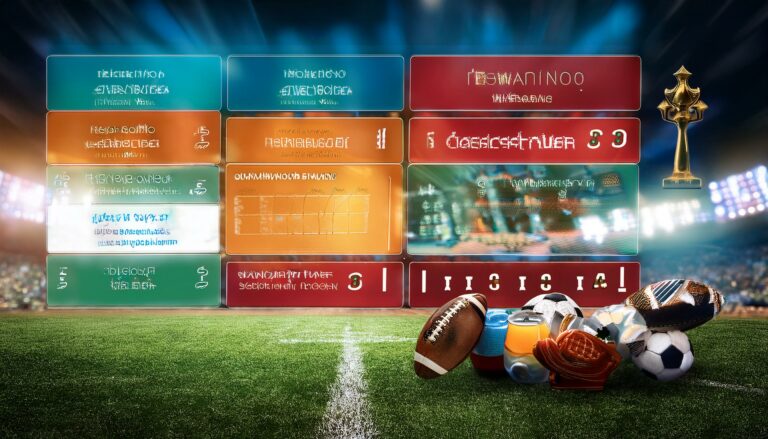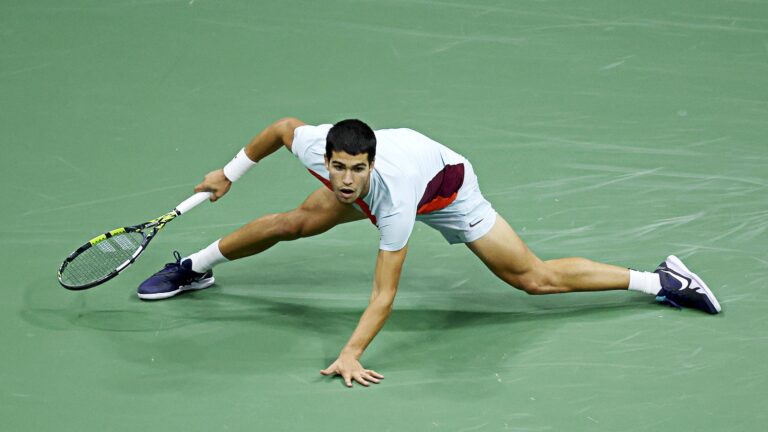How Cricket Teams Manage Player Performance
Online Cricket ID, Play99exch: When establishing team selection criteria, it is crucial to consider both individual player skills and team dynamics. Each player’s technical abilities, tactical understanding, physical condition, and mental toughness should be assessed to ensure they align with the team’s goals and strategy. Additionally, factors such as teamwork, leadership qualities, and adaptability to different game scenarios play a significant role in the selection process.
Coaches often look for players who can complement each other’s strengths and cover weaknesses effectively to create a well-rounded team. The selection criteria should also take into account the chemistry between players, as team cohesion and communication can greatly impact performance on the field. By carefully evaluating these aspects, coaches can build a balanced and competitive team capable of achieving success in their respective sport.
Player Monitoring and Tracking
To accurately assess the progress and performance of athletes, player monitoring and tracking have become indispensable tools in the realm of sports management. By systematically collecting data on key variables such as heart rate, GPS tracking, and workload metrics, coaches and sports scientists are able to gain valuable insights into the physical exertion levels of players during training sessions and matches.
Additionally, advancements in technology have allowed for real-time monitoring of athletes, enabling coaches to make informed decisions on player substitutions, workload management, and injury prevention strategies. Through the integration of player monitoring and tracking systems, sports teams can optimize performance, minimize the risk of injuries, and maximize the potential of each individual player on the field.
Training and Conditioning Programs
Training and conditioning programs play a vital role in optimizing the physical capabilities of athletes. Tailoring workouts to improve strength, endurance, speed, and flexibility is essential to enhance overall performance on the field. These programs are carefully designed to address the specific needs and goals of each player, ensuring that they are able to meet the physical demands of their sport while minimizing the risk of injury.
Implementing periodization in training is key to achieving peak performance during competitive seasons. By structuring training programs into distinct phases, athletes can develop different aspects of their physical fitness throughout the year. This approach helps prevent burnout and overtraining, enabling athletes to progress steadily towards their performance goals.
Performance Evaluation Metrics
Performance evaluation metrics play a crucial role in assessing the effectiveness and efficiency of each player on the team. These metrics are designed to provide tangible data and insights into the performance levels of athletes during training sessions and competitive matches. By analyzing these metrics, coaches can identify strengths and weaknesses of individual players, ultimately guiding the development of personalized training programs to enhance overall team performance.
Some common performance evaluation metrics include physical assessments such as speed, agility, endurance, and strength, as well as technical skills like passing accuracy, shooting proficiency, and defensive capabilities. By continually monitoring and tracking these metrics, coaches can track progress over time, setting realistic goals for players to achieve and helping them reach their full potential. Additionally, these metrics can be used to compare players against each other and against industry standards, providing a comprehensive view of the team’s performance landscape.
Player Rotation and Rest Management
Optimizing player rotation and implementing effective rest management strategies are crucial aspects of ensuring the overall well-being and performance of athletes. Maintaining a balance between giving players adequate playing time and allowing them sufficient rest periods is essential in preventing injuries and avoiding burnout. By strategically rotating players based on their physical condition, workload, and performance levels, coaches can maximize the team’s overall output while reducing the risk of injuries caused by overexertion.
Rest management involves not only physical recovery but also mental rejuvenation. Providing players with regular rest days and scheduling strategic breaks throughout the season helps in maintaining their motivation and focus. Proper rest allows athletes to recover fully, both physically and mentally, enabling them to perform at their peak during crucial matches. Additionally, monitoring factors like fatigue levels, sleep quality, and overall well-being plays a significant role in determining the optimal rest periods for each player.
Injury Prevention Strategies
Ensuring the physical well-being of athletes is a critical aspect in any sports program. Injury prevention strategies play a vital role in maintaining the overall health and performance of the team. By implementing proper warm-up routines, cooldown exercises, and incorporating strength and flexibility training into the athletes’ regimen, the risk of injuries can be significantly reduced.
Regular assessment of playing surfaces and equipment is essential to minimize the chances of accidents during training and competitions. Additionally, educating the players about proper technique, body mechanics, and the importance of listening to their bodies can help prevent overuse injuries. It is crucial for coaches and medical staff to work closely together to develop a comprehensive injury prevention plan that caters to the specific needs of the team and individual players.
Sports Psychology and Mental Conditioning
Sports psychology plays a crucial role in enhancing an athlete’s overall performance. By focusing on mental conditioning, athletes can develop mental toughness, concentration, and resilience to overcome challenges during competitions. Techniques such as visualization, goal setting, and positive self-talk are commonly used to optimize mindset and boost confidence.
Moreover, mental conditioning helps athletes manage stress and anxiety, allowing them to perform at their best when under pressure. By working with sports psychologists, athletes can learn how to control their thoughts and emotions, leading to improved focus and decision-making during critical moments in games. Ultimately, a strong mental game is just as important as physical skills in achieving success in sports.
Strategic Planning for Match Situations
In preparation for match situations, careful strategic planning is imperative to ensure optimal performance from the team. Coaches must meticulously analyze the strengths and weaknesses of both their own team and the opponents to devise a game plan that maximizes their chances of success. This entails studying gameplay patterns, player dynamics, and potential tactical adjustments that may be needed during the match.
Strategic planning also involves anticipating various scenarios that may unfold during the game and developing appropriate responses. Coaches need to have contingency plans in place to address unforeseen challenges and make timely decisions that can influence the outcome of the match. By fostering a strategic mindset among the players and ensuring thorough preparation, teams can enhance their ability to adapt and succeed in competitive environments.
Coaching and Feedback Mechanisms
Coaching involves guiding players in honing their skills, making tactical decisions, and fostering team cohesion. It is crucial for coaches to provide feedback that is constructive, specific, and tailored to the individual needs of each player. Feedback should be given in a timely manner to address areas of improvement promptly and to reinforce positive behaviors. By offering feedback consistently and effectively, coaches can help players develop their skills and reach their full potential on the field.
Feedback mechanisms should be a two-way street, allowing players to communicate their thoughts, concerns, and suggestions to the coaching staff. This open line of communication fosters trust and collaboration within the team, leading to a more cohesive and motivated group of players. Coaches should actively listen to their players, acknowledge their input, and address any issues or suggestions that arise. By creating a culture of open communication and feedback, coaches can build stronger relationships with their players and create a more positive and productive team environment.
Collaboration with Sports Science Experts
Effective collaboration with sports science experts is essential for maximizing the performance of athletes. These experts bring a wealth of knowledge and expertise in areas such as biomechanics, physiology, nutrition, and sports psychology. By working closely with sports scientists, coaches can gain valuable insights into the physical and mental aspects of training and competition, allowing them to make informed decisions that optimize player performance and minimize the risk of injuries.
Sports science experts play a crucial role in developing evidence-based training programs tailored to the specific needs and goals of individual athletes. Through ongoing communication and collaboration, coaches can incorporate the latest research and best practices in sports science to design training regimens that enhance strength, speed, endurance, and overall performance. By leveraging the expertise of sports scientists, coaches can create a competitive edge for their teams and help athletes reach their full potential.
How can collaboration with sports science experts benefit a sports team?
Collaboration with sports science experts can help in improving team selection criteria, player monitoring and tracking, training programs, performance evaluation metrics, injury prevention strategies, sports psychology, strategic planning, coaching methods, and overall performance enhancement.
What is the importance of player rotation and rest management in sports?
Player rotation and rest management play a crucial role in preventing injuries, maintaining player fitness and performance levels, and ensuring long-term sustainability of a team throughout the season.
How can sports science experts help in injury prevention strategies?
Sports science experts can help in identifying potential injury risks, developing injury prevention programs, providing rehabilitation protocols, and monitoring player recovery to prevent injuries and enhance player performance.
How can sports psychology and mental conditioning impact a team’s performance?
Sports psychology and mental conditioning can help in improving mental toughness, confidence, focus, motivation, and overall psychological well-being of players, which can significantly enhance their performance on the field.
What role does strategic planning play in match situations?
Strategic planning in match situations involves analyzing opponents, developing game plans, making tactical decisions, and adapting to changing circumstances to maximize the team’s chances of success during competitions.
How can coaching and feedback mechanisms be improved through collaboration with sports science experts?
Sports science experts can provide valuable insights into player development, performance analysis, feedback mechanisms, and coaching strategies to enhance the effectiveness of coaching and feedback processes within a sports team.







